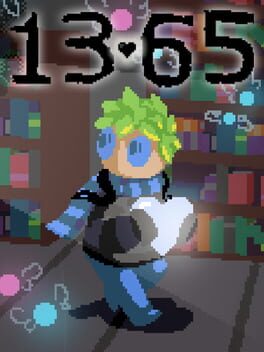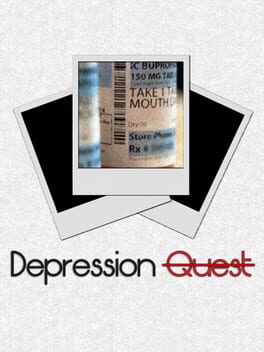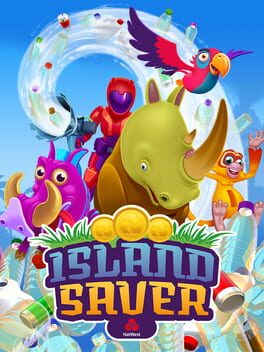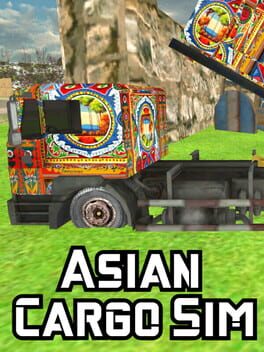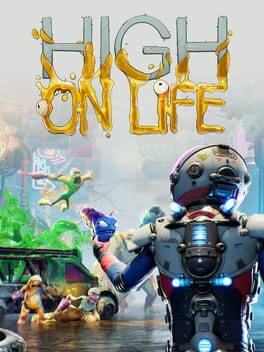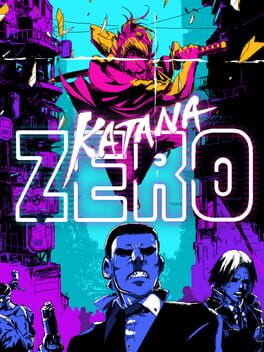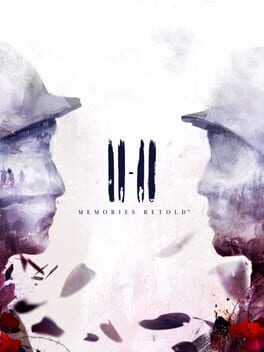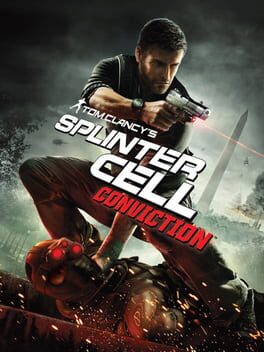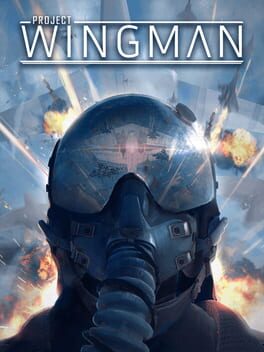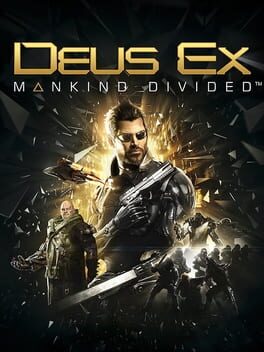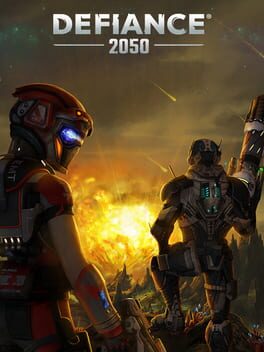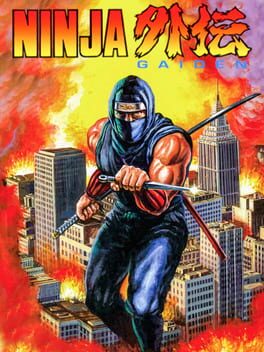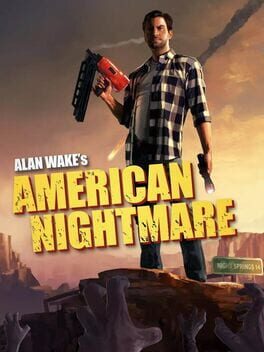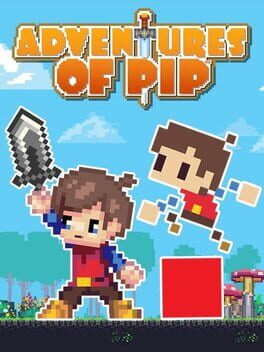TheBigMeta
BACKER
2019
A game I got of an itchio bundle, 1365 serves a semi-autobiographical platformer where the MC goes against the physical manifestations of their various anxieties, struggles, and disorders. While simple in its design and a little on the nose, it does come from an authentic place, and the last segment of the game does a neat trick that makes the short experience worthwhile.
2013
In a different time, in a different environment, this game would have been released to a calm crowd. Some would have critiqued it for its simplistic presentation, others would’ve pointed out that its integration of its themes and choices served as a novel example of ludonarrative harmony in text based adventures. Debates could’ve gone back and forth in how it depicted depression and suicide, but eventually it would subside. People would then move on to the next game. Some would be inspired by it and make their own games that improved upon its style. Overall, it would’ve been like many other games that come and go. And in some aspects, it did end up like this. However, in many others, it did not. It instead became the centerpiece of a vile movement, one focused on hatred, bigotry, and straight gaslighting. One who’s hanger-ons still say was a noble cause even though we have a tremendous amount of proof that said otherwise, collected by people who risked their private lives to combat it. So much bullshit came out of 2013 and 2014, and it infamously elevated what was otherwise a harmless text adventure game. Jfc…
2020
Though it’s rare compared to the old days of the 80s, 90s, and 00s, the advertisement game lives on in this particular little entry. Published by the National Westminster Bank of the UK, Island Saver is another in the line of the “comfy game” aesthetic of vidya-somewhat in the vein of Slime Rancher-but this time with an edutainment slant about saving money and the environment (which makes sense while also being ironic), all of which revolves around the main loop of recycling trash, using your funds responsibly, while also learning tidbits about banking, taxation, animals, and everything in between. The colorful and whimsical graphics, coupled with the varied environments, do a lot to hide what’s otherwise a tedious gameplay loop of collect-and-drop and the occasional combat, fun for the first hour but losing its charm towards the last island. However, considering that it’s free and it ultimately did accomplish what it set out to do, it’s fine for what it is. The DLC islands, particularly the dinosaur island, do spice up the formula just a little bit and are a bit on the cheap side. They’re worth it to those who thoroughly enjoyed the main game.
2022
2022
“Comedy is subjective, it’s a fact we mostly all accept. Different comedic situations, stories, and jokes are gonna resonate with some people and alienate others. You’ll either guffaw or cringe, y’know. It’s on the strength of its comedic writing that High on Life relies on. A game created by Squanch Games, founded by Justin Rolland of Rick & Morty fame, the game functions well as a fast-paced first person shooter. Much of the levels are designed around alternating between arena-style combat and metroidvania-esque exploration, and each of the talking weapons of this game exemplifies that mechanical philosophy, exhibiting a variety that makes for some honest-to-fun gameplay. The splash of colors and absurd designs of the alien worlds and it’s inhabitants also help to make the design standout, and the music, while light in variety, suits it’s purpose of elevating the fast action of the game. By all metrics it does everything right on a mechanical level. It is only when the dialogue comes out that a player will make their stand on the game. While the story of stopping an intergalactic drug cartel is straight to the point, it’s the barrage of ambient dialogue, random TV skits, and jokes between characters that will sway your opinion of the game. Do you like the style of Roiland’s team’s comedy of intentionally awkward prolonged jokes and improv ramblings that wouldn’t sound too far off from a normal friend group, or does that particular style keep you away? Likewise, any preconceptions you have about shows like Rick & Morty or Solar Opposites will very much also influence your opinion on this game. For my part, there was enough jokes in there that did elicit a chuckle from me, and were spaced out enough to let me enjoy what’s otherwise a well made shooter. If you won’t play because of its content, I get it, but for anyone else that doesn’t mind, you’ll get a good time out of this particular high.
2019
“The 2010s were a fascinating time for artistic expression in video games. Bolstered by the ambitious, if critically awkward, successes of the late 2000s, indie games entered their creative stride, able to combine smooth mechanical fluidity, gorgeous pixel art, bombastic musical scores, and introspective writing that payed homage to classics of the past. Katana ZERO embodies almost all of the above; fast-paced methodical gameplay, colorful pixel art of dystopian cyberpunk worlds, synth tunes that wouldn’t be out of place in a gothic rave, and a story that pays homage to neo-noir and samurai films of the past. It’s exploration of PTSD and the effects of war on the psyche—coupled with drug abuse and allusions to the Vietnam War—also help to give gravitas to this rapid-fire experience, which can be fleshed out even more with a dialogue system that helps to elevate the characters or skip the story entirely if the player so chooses. However, the “almost” of my previous sentences shows it’s ugly head—the crescendo of revelations to the story come to a grinding halt with an ending that leaves the narrative, and the player, lacking for resolution, along with select characters and side threads that fail to be elaborated on. No doubt it was intentional on the creator’s end, betting on the prospect of strong sales and ensuing sequel. It’s a bet that has turned out dividends but leaves the standalone experience wanting. Still, considering the game’s other strong suits, I would recommend this to anyone willing to play and pray that the sequel comes soon.
“Born at the end of the centennial anniversary of the WW1 armistice, 11-11: Memories Retold was, to me, maybe the last (for a while) attempt to tell a story in WW1 that didn’t rely on the hyper-violence of the war. Instead, it is an adventure game that focuses on telling the story of two individual: one a young Canadian photographer seeking adventure and fame, the other a German father searching for his lost son on the frontlines. Without spoiling too much, the writing shines bright in depicting the various conflicts that each man goes through, culminating in an ending that hits the right notes. It’s because of the story that the game barely scrapes above being painfully average. The graphics of the game, with its liberal use of impressionist aesthetics, gives it a unique look that does make it stand out from its contemporaries, though in-game it can be hit and miss. While there were some levels that looked gorgeous in bright areas and conveyed the grimness of war in others, it was all dependent on your movement, or lack of. In certain situations, movement would create an unintentional muddiness that hampered its presentation. Gameplay and score where also nothing to write home (save for the sections where you commandeer a pigeon), but overall I enjoyed the experience of the game. Pick it up if you ever come across it on discount.
2012
Much has already been said about the story of Spec Ops, all by people who’ve made it their life’s goal to bring this medium to a respectable podium, much like myths, literature, theatre, art, and film before it. A blunt and loose adaptation of Heart of Darkness it is, but that never stopped people from heaping praise on Apocalypse Now, and neither has it stopped video game connoisseurs and casuals from doing the same. Instead, I’ll put my two cents on one particular thing: the gameplay. Yes I know that it’s nothing new to criticize the gameplay, it’s been done before. It usually boils down to “it works and gets the job done, nothing more or less”, which is true to admit. It’s why it’s also disappointing that this game could not, thought it came so very close, reconcile the gulf between its mechanics and the narrative in my eyes, and it’s all because of a mechanic I did absolutely like. Said mechanic involved the game rewarding the player extra ammo by engaging enemies in melee combat, which has had a light shown on its presentation from clinical to barbaric as the main character descends deeper into madness. While I love the presentation, I adored the fact that a simple mechanic could make the player be the very monster they’re playing as and work as a supplement to the animated presentation. Granted, I know other games, especially of the cover shooter variety, from time to time, rewards the player for aggressiveness with flashy movements and gibs, but the intimacy of the mechanic combined with its descent into barbarity add just that little detail that could’ve been in the entire gameplay loop, and would’ve elevated what is otherwise painfully average mechanics into something that further elevates the story. In that vein, it could’ve been to the sublime grotesquery of violence that is Spec Ops The Line what the oppressive human limitations of Pathologic’s gameplay is to its story. Still, it is an absolutely spectacular interactive experience who’s whole structure ultimately outweighs what is essentially one missing lug nut on a car wheel.
This is a game that was in conflict with itself-a stealth game that was caught between the crossfire of its predecessor’s legacy and the industry’s need to turn everything into a third person cover shooter. The result was an amalgamation of half-baked ideas, of cover mechanics clashing with methodical sneaking, of execution mechanics without the backup of disposal and obfuscation, a game that ironically was mimicking the more fluid rapidity of its contemporary Metal Gear, but without the maximalist tendencies of both it and even Splinter Cells past. All of this coupled with a story that lacked even the depth of a mediocre Tom Clancy novel or the gravitas of Double Agent. It’s a playable, inoffensive work, just a work that had to suffer the trends of the seventh generation.
2020
It reminds me of BioShock 2-both are sequels to games that went hard on narrative chops, both fell a bit short on gameplay, so they 180’d and focused on mechanics while letting the story fall to the wayside. With MD, I had more freedom to engage with the world than I did with Human Revolution, but the hokey comparison of “augmented hate=racism” was trite (tying trans-humanism with class, racial, and gender issues has been done better before) and it ended up costing them the character development, worldbuilding, and the overall plot. The plot I noticed was most affected as it felt shorter than HR. It wasn’t physically shorter-my runtimes for each game was the same-but the pacing and lack of depth helped to reinforce that wanting feel. For fairness’ sake though, I do acknowledge that this game did have Square Enix buffoonery affect it just like the last game. I hope that with this recent Embracer Group purchase, Eidos can take the otherwise great mechanics of this game and translate it to a stronger sequel.
2018
1988
If it wasn't for the archaic enemy placement and the unforgiving final boss checkpoints, I'd rate this higher. It's got great fundamental level design, art style, and bangin' music otherwise. I know it’s one of those “classics” but I wasn’t even born when it came out so I can’t say that nostalgia clouded my vision on this one.
The gunplay and level design for this game are so strong that you kind of forget that there isn't really much of a narrative, aside from the "fighting your evil doppelganger" shtick going on. It shouldn't stop you from playing what's otherwise a very good shooter. With recent events and announcements, I can also give credit to this game for keeping some part of the dream alive.
2015
Changing into pixel forms, each with its own weight and mechanics, is a hell of a gameplay gimmick to lift up what is otherwise a serviceable platformer. The art and music also add to the cute aesthetic as well. If it had a stronger story, it'd be higher among the greats, but it gets the job done regardless.
